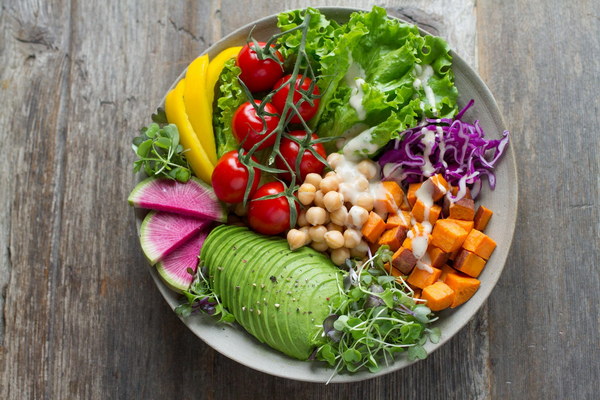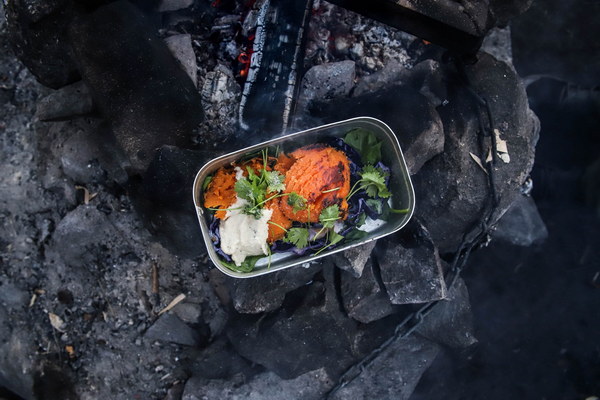Nurturing Your Babys Spleen and Gut After a Cough A Comprehensive Guide
Coughing is a common symptom among babies, often caused by viral infections or allergies. While it's important to treat the cough itself, it's equally crucial to pay attention to the overall health of your baby's digestive system, particularly the spleen and gut. These organs play a vital role in maintaining your baby's immune system and overall well-being. In this article, we will discuss how to nurture your baby's spleen and gut after a cough, ensuring a smooth recovery.
1. Hydration is key
After a cough, it's essential to keep your baby well-hydrated. Dehydration can weaken the immune system and make it more difficult for the body to fight off infections. Offer your baby plenty of fluids, such as breast milk, formula, or water. For older babies, you can introduce clear broths or pedialyte to replenish electrolytes.
2. Opt for soothing foods
During the recovery period, it's best to focus on foods that are easy on the baby's stomach and can help boost their immune system. Here are some suggestions:
a. Breast milk or formula: These are the best sources of nutrients for your baby, especially during illness.
b. Soups and broths: Clear, bland soups can be soothing and help prevent dehydration.
c. Mashed fruits and vegetables: These are rich in vitamins and minerals and can be easily digested.
d. Rice porridge: A simple and gentle option that's easy on the stomach.

3. Avoid irritants
Certain foods can exacerbate your baby's cough or gastrointestinal discomfort. It's best to avoid:
a. Highly acidic foods: These can irritate the stomach lining and worsen cough symptoms.
b. Spicy or fried foods: These can be difficult to digest and may aggravate the gut.
c. Citrus fruits: Their high acidity can irritate the throat and worsen coughing.
4. Focus on probiotics
Probiotics are beneficial bacteria that help maintain a healthy gut flora. Including probiotics in your baby's diet can aid in digestion, reduce gastrointestinal discomfort, and boost the immune system. Some probiotic-rich foods include:
a. Yogurt: Choose plain, unsweetened yogurt with live cultures.
b. Kefir: This fermented milk drink is rich in probiotics and can be easily digested.
c. Sauerkraut and kimchi: These fermented vegetables are excellent sources of probiotics.
5. Gentle massage
Gentle tummy massage can help relieve gastrointestinal discomfort and improve digestion. Here's how to do it:
a. Use a light touch and apply a small amount of oil or lotion on your hands.
b. Make circular motions clockwise around your baby's navel.
c. Continue massaging for about 2-3 minutes.
6. Monitor and consult
Keep a close eye on your baby's symptoms and recovery progress. If you notice any signs of gastrointestinal distress, such as vomiting, diarrhea, or severe abdominal pain, it's essential to consult a healthcare professional.
By following these tips, you can help nurture your baby's spleen and gut after a cough, promoting a healthy recovery and overall well-being. Remember, each baby is unique, so it's important to adapt these suggestions to your child's specific needs and preferences.









